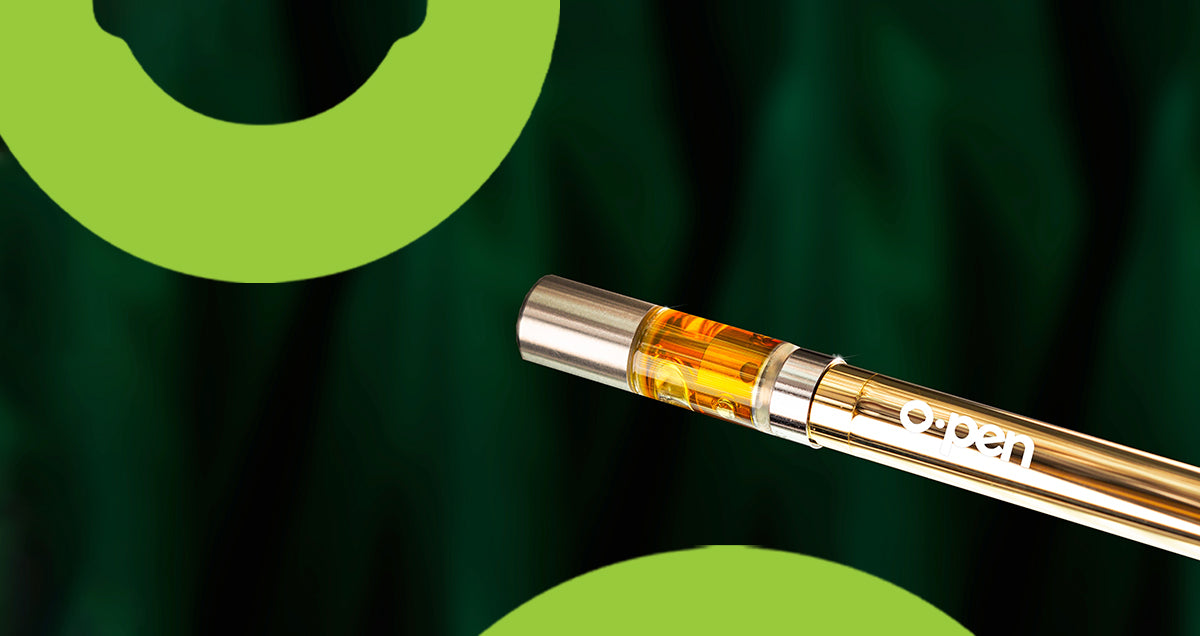No, you should not vape after wisdom tooth extraction. Vaping can hinder the healing process and increase the risk of complications.
Post-operative care after wisdom tooth removal is crucial for a smooth and swift recovery. Oral surgeons and dentists strongly caution against any activity that may disturb the extraction site, including smoking and vaping. Vaping, in particular, can introduce harmful bacteria into the mouth, slow down healing, and significantly elevate the chances of dry socket—a painful condition where the blood clot at the site of the extraction fails to develop or is dislodged.
Abstaining from vaping helps ensure that the healing process is not compromised, allowing for quicker recovery and less discomfort. For those who have recently gone through wisdom tooth surgery, prioritizing oral hygiene and following the dentist’s guidelines are essential steps for optimal healing.

Credit: www.dralijanian.com
Table of Contents
ToggleUnderstanding Wisdom Tooth Extraction
Wisdom tooth extraction is a common dental procedure that involves removing one or more wisdom teeth. Wisdom teeth are the last to emerge in the mouth and often cause problems that necessitate their removal.
| Dental Impaction | Overcrowding |
|---|---|
| Occurs when a tooth fails to emerge fully through the gums, leading to pain and infection risk. | Limited space in the mouth may prevent proper tooth alignment, causing discomfort and bite issues. |
Aftercare instructions should be strictly followed to avoid complications, such as dry socket, where a blood clot fails to form in the tooth socket, or dislodges, exposing bone and nerves.
Vaping, or using e-cigarettes, can negatively impact healing and is not recommended immediately after wisdom tooth extraction. The suction motion may dislodge the blood clot vital for healing.
- Initial Healing: Typically takes a few days to a week, during which rest and proper care are crucial.
- Full Recovery: Can take up to several weeks, depending on the individual’s health and the complexity of the extraction.
Vaping And Oral Surgery
Vaping after oral surgery, specifically wisdom tooth extraction, can severely affect the healing process. The act of sucking on a vape can dislodge the blood clot necessary for recovery, potentially leading to painful dry sockets. Furthermore, the chemicals in vape juice may impair the body’s ability to repair the surgical site.
Risks and complications are heightened due to the introduction of foreign substances found in e-cigarettes, which can introduce bacteria, delay healing, and increase the chance of infection. Nicotine, a known vasoconstrictor, can reduce blood flow to the tissues, further complicating recovery.
For those looking for alternative methods of nicotine consumption that are less invasive, options such as nicotine patches or gum can be considered. These methods do not involve the oral cavity and hence, usually pose less risk to oral health after surgery. Substitutes for vaping require careful consideration, and consulting with a healthcare professional is advisable to ensure safe and effective use without impeding the healing process.
Managing Nicotine Cravings
Managing nicotine cravings post wisdom tooth extraction requires a strategic approach. One effective method is through distraction techniques. This could include engaging in a new or favorite hobby, watching an interesting movie, or diving into a captivating book. These activities redirect attention and reduce the urge to use nicotine.
Healthy alternatives also play a vital role in curbing cravings. Consider using nicotine patches or gum, which can provide a controlled dose to satisfy your needs without affecting the healing process. Additionally, exploring relaxation practices like meditation and deep-breathing exercises can ease the withdrawal symptoms.
Finally, acknowledging the importance of patience and self-care is critical. Healing takes time, and it’s paramount to avoid any actions that might disrupt the recovery, such as vaping, which can introduce harmful bacteria or cause dry socket. Instead, focus on nutritious meals and adequate rest, and remember that the discomfort is temporary but the benefits of a successful healing period are long-lasting.
Frequently Asked Questions On Can You Vape After Wisdom Tooth Extraction
Can Vaping Cause Dry Socket After Tooth Extraction?
Vaping after wisdom tooth extraction could increase the risk of developing a dry socket. When you vape, the suction motion can dislodge the blood clot essential for healing. It’s recommended to wait at least 48-72 hours before vaping to avoid complications.
How Long Should I Wait To Vape After Wisdom Teeth Removal?
Dental professionals generally advise waiting at least 48-72 hours before vaping after wisdom tooth removal. This waiting period helps ensure the blood clot forms properly and that the risk of dry socket and other complications is minimized.
What Are The Risks Of Vaping Too Soon After Extraction?
Vaping too soon after wisdom tooth extraction can lead to dry socket, delayed healing, increased pain, and possible infection. The suction motion can dislodge the clot that is critical for recovery, posing a risk to oral health.
Are There Alternatives To Vaping After Tooth Extraction?
After tooth extraction, consider nicotine patches or lozenges as alternatives to vaping. They can mitigate cravings without the suction action that risks the healing process. Always consult your dentist or doctor for safe post-surgery options.
Conclusion
To summarize, vaping post-wisdom tooth extraction is risky. It’s best to wait for your dentist’s green light. Doing so ensures proper healing and avoids complications. Prioritize your oral health; embrace patience for a swift recovery. Always consult your dentist for personalized advice.

